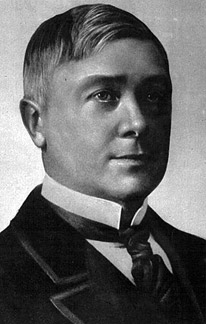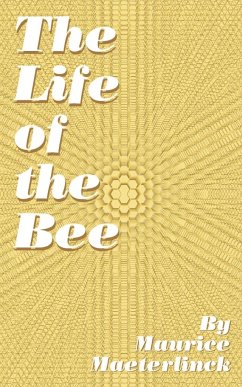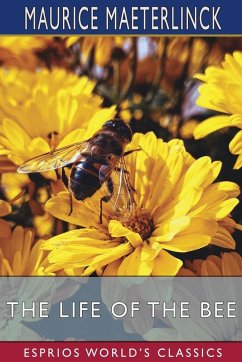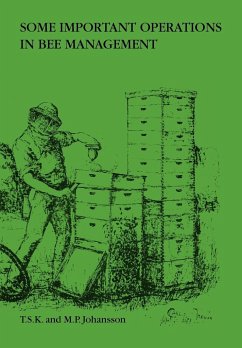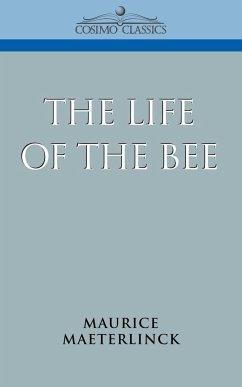
The Life of the Bee
Versandkostenfrei!
Versandfertig in 1-2 Wochen
30,99 €
inkl. MwSt.

PAYBACK Punkte
15 °P sammeln!
When Maurice Maeterlinck, with a poet's sensibility and sensitivity, turned his attention to a bee hive, his observations turned into a masterpiece. In "The Life of the Bee", Maeterlinck illuminates the whole life and society of the bee, from the structure of the hive, to the movement and meaning of the swarm, to the role and activity of the queen. "The Life of the Bee" is for all readers curious about a brilliant thinker's mediation on a force of nature that, ultimately, holds lessons about the human race and our universe. Maurice Maeterlinck (1862-1949) won the Nobel Prize in literature in 1...
When Maurice Maeterlinck, with a poet's sensibility and sensitivity, turned his attention to a bee hive, his observations turned into a masterpiece. In "The Life of the Bee", Maeterlinck illuminates the whole life and society of the bee, from the structure of the hive, to the movement and meaning of the swarm, to the role and activity of the queen. "The Life of the Bee" is for all readers curious about a brilliant thinker's mediation on a force of nature that, ultimately, holds lessons about the human race and our universe. Maurice Maeterlinck (1862-1949) won the Nobel Prize in literature in 1911. His plays, prose, and poems touched on philosophy, the natural world, and mysticism.





